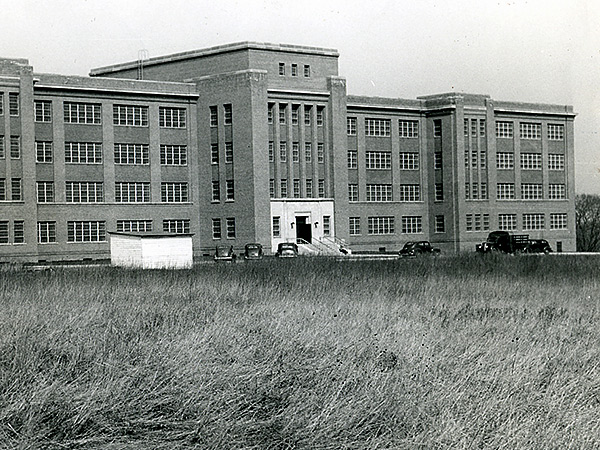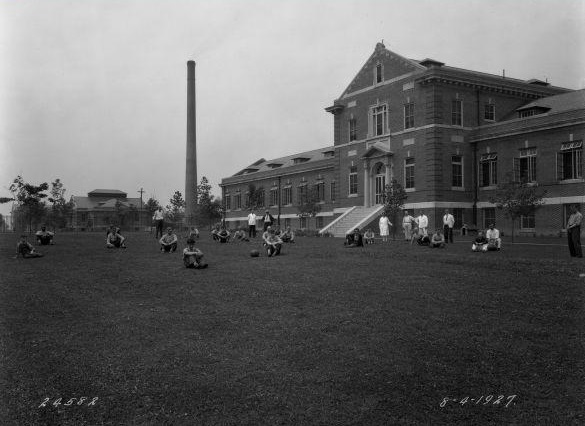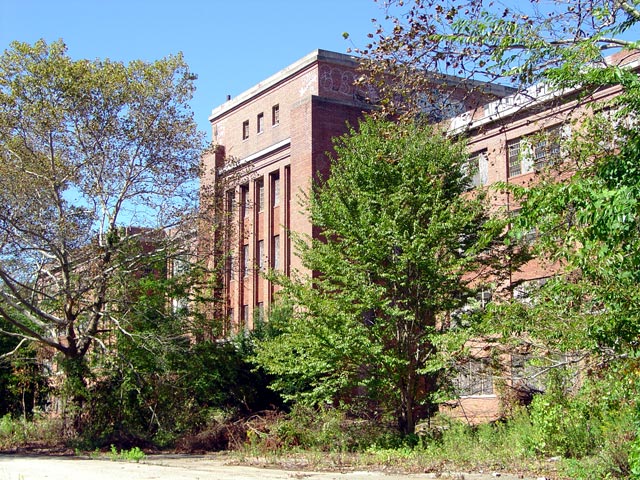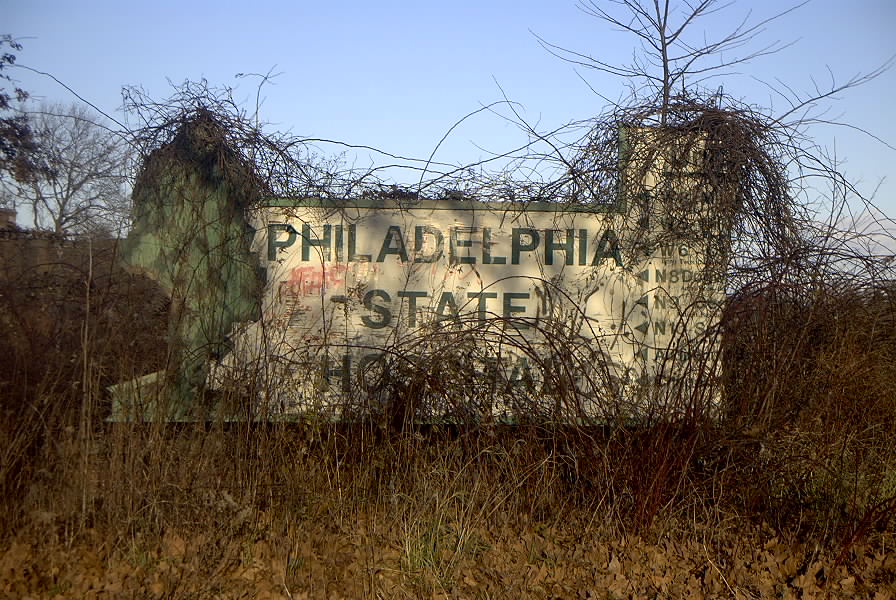Legends of Philadelphia: The Philadelphia State Hospital
We embark on a historical journey that reveals the chronicles of the Philadelphia State Hospital, also known as Byberry. This institution has left a notable imprint on the landscape of mental health care within the United States.
The Early Beginnings: A City Farm Turned Asylum
The Philadelphia State Hospital, rooted in the northeastern region of Philadelphia, Pennsylvania, embarked on its journey as a humble work establishment for individuals challenged with mental health issues. This setting rapidly transformed into an asylum, with its construction commencing in 1906 and officially inaugurating as the Byberry Mental Hospital the following year.
During its initial stages, the facility operated on the principles of renowned physician Benjamin Rush, who proposed that mental ailments were curable diseases, thereby advocating patient isolation until their recovery. Numerous patients were relocated from the Philadelphia General Hospital that later closed its doors in 1977.

Transition to State Operation: A Phase of Turbulence
In 1936, the city handed over the hospital’s operations to the state, leading to a change in its name to the Philadelphia State Hospital at Byberry. However, this transition didn’t necessarily mark an improvement in patient conditions. The institution frequently grappled with allegations of patient abuse and inhumane treatment.
The predicament gained national attention in 1945-1946 when conscientious objector Charlie Lord, working there as an orderly, covertly snapped photographs of the horrific conditions within the institution. These images, which revealed patients huddled naked in large numbers and human waste lining the facility’s hallways, were later published in Life Magazine, causing a national outcry.

The Post-War Era: A Test of Time
Despite the tumultuous times, the Philadelphia State Hospital continued its operations. In the 1960s, the institution commenced a downsizing process that would only conclude with its closure. The facility faced severe repercussions when it was discovered that violent criminals were housed in the hospital’s Forensic Ward.
The hospital repeatedly failed to meet state inspection standards and was accused of deceiving the inspection team. Reports of patient mistreatment continued to surface throughout the 1980s. Subsequently, five of the hospital’s top officials were promptly dismissed in 1987 after the facility failed yet another state inspection.
Shutting Down and Abandonment: The End of an Era
The hospital’s closure was announced in a press conference on December 7, 1987. The final patients were moved out in June 1990, marking the official closure of the Philadelphia State Hospital at Byberry. The patients and staff were transferred to Norristown State Hospital or local community centers.
The period post-closure was characterized by a rapid decline in the condition of the hospital buildings. Looters broke in and stole valuable materials, while vandals wreaked havoc on the property, smashing windows and starting fires.

Demolition and Reconstruction: A New Beginning
In 2006, the property was purchased by Westrum Development, who oversaw the demolition of the dilapidated buildings. Following this, the company constructed “The Arbours at Eagle Pointe”, featuring single homes, townhouses, and carriage homes.
The Legacy: Reflections on the Past
Today, the Philadelphia State Hospital at Byberry lives on through the memories of those who knew it. Despite its challenging history, the institution stands as a testament to the evolution of mental health care in the United States.
While the journey of the Philadelphia State Hospital at Byberry was fraught with challenges, it serves as a crucial chapter in the history of mental health care in the United States. Its legacy is an enduring reminder of the urgent need for humane and effective treatment for individuals grappling with mental health issues.
“The history of the Philadelphia State Hospital at Byberry is a stark reminder of the need for ongoing reform in mental health care. It underscores the importance of ensuring that institutions responsible for the care of the mentally ill uphold the highest standards of humanity and dignity.” — Anonymous
